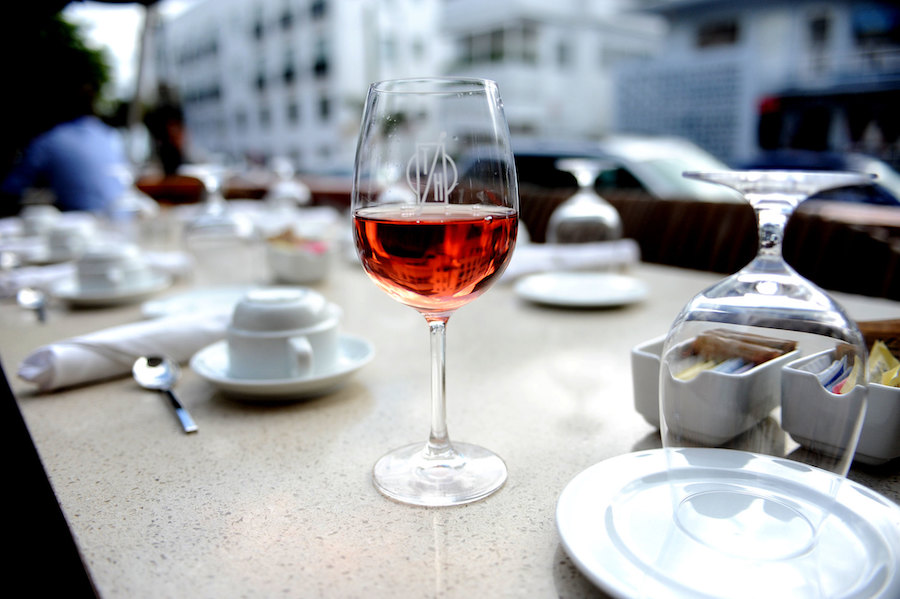Bars and restaurants in France must now indicate the origin of the wines they offer to consumers, whether by the glass, pichet or bottle. Failure to do so will attract a hefty fine.
The era of the “House wine”, or “cuvée du patron” is officially over.
The French government published a decree on 24th July stating that bars, restaurants, and any establishment holding a license to sell alcohol on site or to take away must indicate the source, or depending on the quality, the designation of protected origin (PDO) or protected geographical indication (PGI) of the wines they offer to their consumers.
The absence of this origin on menus, wine lists or other communication will in a “fifth class” fine of €1,500.
While this information is already given for bottled wine, it is not always the case for wine served by the glass or in a pitcher (pichet).
The aim, says the French government, is to “protect farmers’ earnings”.
The law relating to the transparency of information on agricultural and food products was actually scheduled for 1st June 2020 but was delayed due to the Covid crisis. It was also not-applicable with European regulations.
But it was reintroduced into the Consumer Code by an amendment to the proposed law aimed at protecting the remuneration of farmers, which notably requires better information for consumers on the origin of the products offered to them. The law also applies to the correct labelling on the origin of honey, compulsory since 1st July, and even products made from cocoa and chocolate.
Photo by Monaco Life
